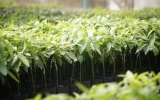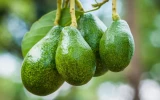How Long Do Avocado Trees Live? (Complete Life Cycle)
Avocado trees can live for a very long time, but typically, the oldest ones are those growing naturally in their ideal climate. Their lifespan is often determined by various factors, including the cultivar, environmental conditions, and management practices. In this article, we'll explore the life cycle of avocado trees and find out how long they live.
In terms of lifespan, avocado trees can live for up to 200 to 400 years, depending on their health and growing conditions. Avocado trees have a fascinating life cycle that starts with a seed and ends with a mature tree that can produce fruit for decades.
With proper care and maintenance, an avocado tree can provide you with delicious and healthy fruit for many years to come. To maximize the longevity of your avocado tree, we'll provide you with some useful tips to keep your trees healthy and productive as you go through this article.
The lifespan of avocado trees influences long-term planning for how to sustainably start an avocado farm from scratch.
Summary
- The avocado tree life cycle starts with a seed, which germinates and grows into a seedling over a period of 2–6 weeks and continues to grow until it reaches a height of around 6 inches, marking the initial stage of the tree's life cycle.
- Some avocado cultivars may be more susceptible to certain diseases or pests, which can shorten the tree's lifespan if not effectively managed, while on the other hand, disease-resistant cultivars may thrive for a longer period, provided they are well cared for.
- Poor soil conditions, such as inadequate drainage or nutrient deficiencies, can negatively affect the tree's lifespan.
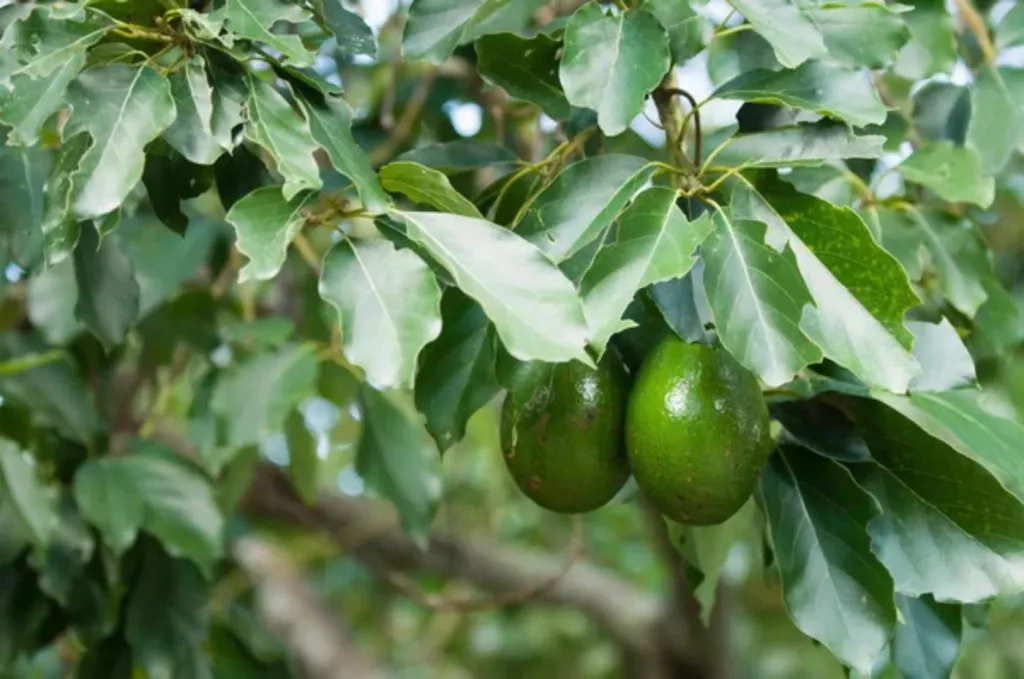
On this page:
Average Lifespan of Avocado Trees
Avocado trees are known for their impressive lifespan, with the potential to live for up to 200 to 400 years under the right conditions.
The longevity of these trees is influenced by various factors, including their health and the environment in which they are grown. With proper care and maintenance, avocado trees can thrive and continue to produce delicious and healthy fruit for many years.
The tree's long lifespan is due to its natural resilience and ability to adapt to various growing conditions. Several factors contribute to their longevity, including:
1. Avocado trees possess genetic traits that contribute to their potential for long-term survival
Avocado trees are known for their genetic resilience, which allows them to endure various environmental stressors and resist diseases. This resilience is attributed to the genetic traits inherent in these trees, which have evolved over time to help them adapt and survive in diverse conditions.
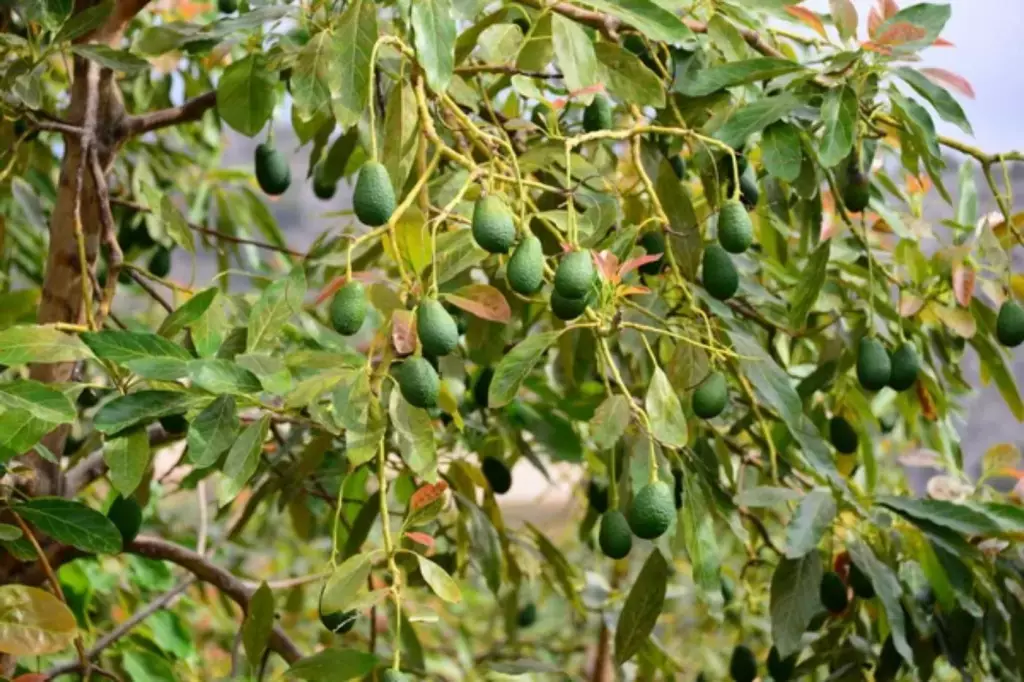
The genetic resilience of avocado trees is particularly evident in their ability to thrive in different climates and soil types. This adaptability is crucial for their cultivation in various regions around the world, as they can withstand both tropical and subtropical conditions.
Additionally, their genetic makeup enables them to resist certain diseases that commonly affect other fruit trees, making them a relatively low-maintenance crop in terms of disease management.
Furthermore, the genetic diversity within avocado trees contributes to their resilience. Different varieties of avocados exhibit varying levels of tolerance to environmental stressors, and this diversity provides a natural defense against potential threats to the overall avocado population.
2. Avocado trees can adapt to different soil types and climates
Avocado trees are renowned for their remarkable adaptability to various soil types and climates, which enables them to thrive in diverse regions. This adaptability is a key factor in their ability to endure and flourish over extended periods.
The adaptability of avocado trees is evident in their ability to grow in a range of soil types, including sandy, loamy, and clay soils. This versatility allows for cultivation in different agricultural settings, as avocado trees can thrive in soils with varying drainage and nutrient levels.
Additionally, their ability to adapt to different climates, encompassing both tropical and subtropical regions, further enhances their resilience and potential for long-term survival.
3. Avocado trees have a relatively slow growth rate
The slow growth of avocado trees enables them to develop strong and durable structures that are essential for their long-term well-being and productivity.
The gradual and steady growth allows the roots to establish a strong foundation, enabling the tree to efficiently absorb nutrients and water from the soil.
This robust root system not only supports the tree's immediate growth and survival but also contributes to its long-term health and resilience, especially during periods of drought or other environmental stressors.
Furthermore, this slow but steady development leads to the production of dense and durable wood, which is better equipped to withstand the elements and support the weight of a growing canopy of leaves and fruit.
As a result, avocado trees are less prone to damage from strong winds or heavy fruit loads, enhancing their longevity and productivity.
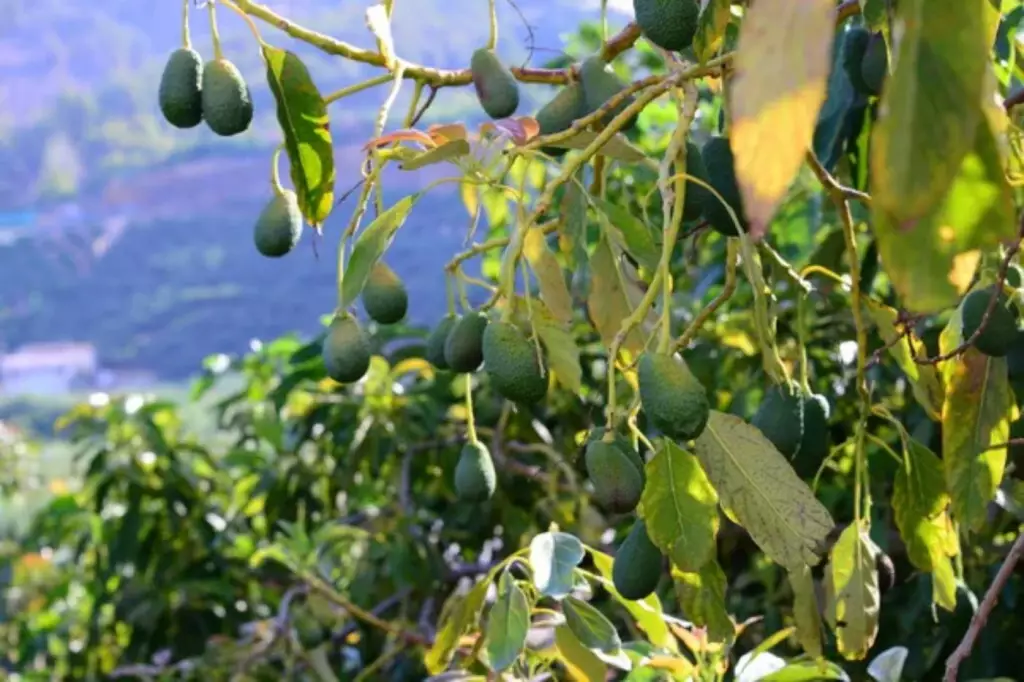
4. Avocado trees have natural defenses against diseases
Avocado trees are known for their susceptibility to various diseases, but they also possess natural defenses that can be harnessed through cultivation to resist common threats. This disease resistance is a key factor contributing to the potential for avocado trees to have a lengthy lifespan.
The natural defenses of avocado trees, such as the production of antifungal compounds and the ability to compartmentalize infections, contribute to their resilience against diseases.
By understanding and leveraging these natural defense mechanisms, researchers and growers can develop strategies to enhance disease resistance in avocado trees.
Complete Avocado Tree Life Cycle
Avocado trees have a fascinating life cycle that starts with a seed and ends with a mature tree that can produce fruit for decades. Here's a breakdown of the avocado tree life cycle, from seed to fruit.
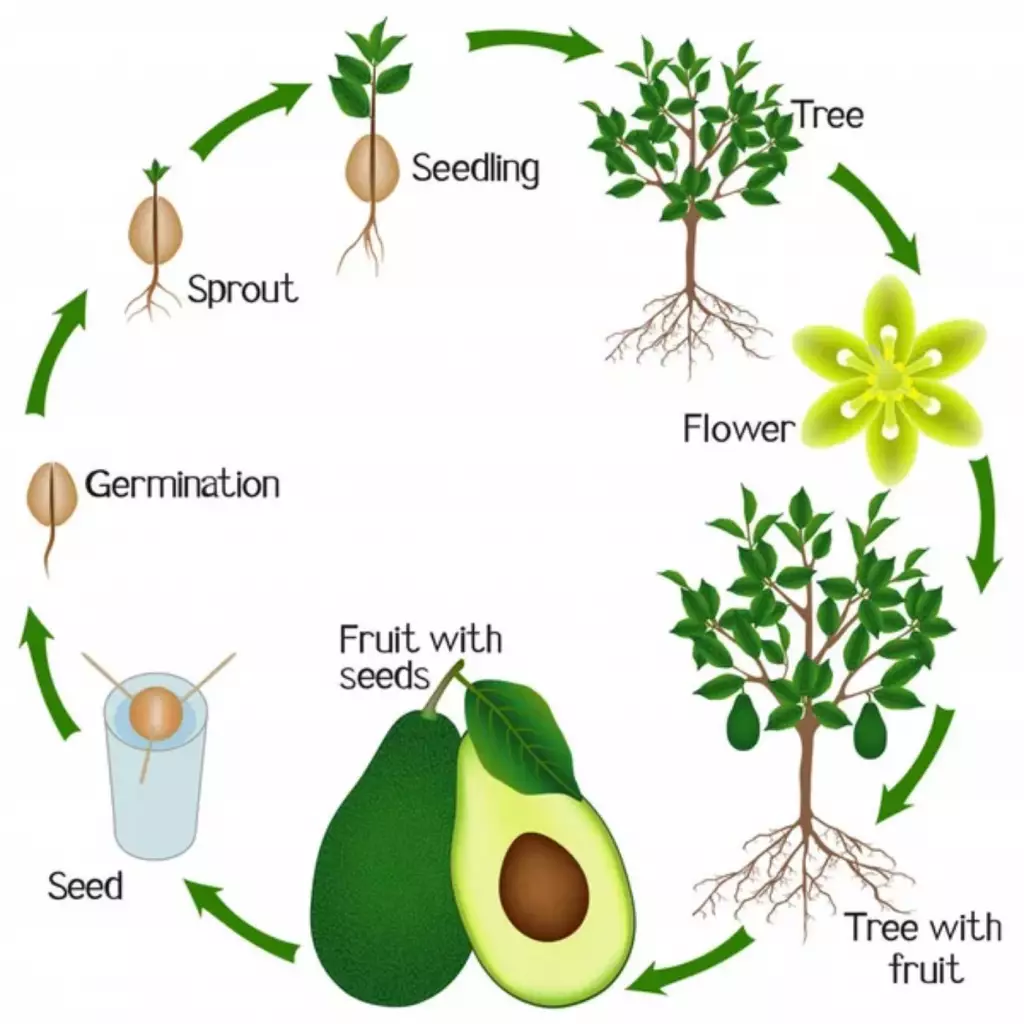
From seed to seedling
The avocado tree life cycle starts with a seed, which can take anywhere from 2 to 6 weeks to germinate. Once the seed has sprouted, it will grow into a seedling. The seedling will continue to grow until it reaches a height of around 6 inches.
Vegetative growth and maturity
As the avocado tree grows, it will enter a vegetative growth stage. During this time, the tree will produce leaves and branches and will continue to grow taller. The tree will reach maturity at around 5–7 years of age, at which point it will be around 20–30 feet tall.
Flowering and pollination
Once the avocado tree has reached maturity, it will begin to produce flowers. These flowers are crucial for fruit production, as they need to be pollinated in order for the tree to produce fruit.
Avocado trees are unique in that they have both male and female flowers on the same tree, which means they are self-pollinating.
Fruit development and ripening
After the flowers have been pollinated, the avocado tree will start to produce fruit. It takes around 6–8 months for the fruit to mature and ripen. Once the fruit is ripe, it can be harvested and eaten.
To learn more about the onset of fruit production for different avocado varieties, this article can help you.
Factors Influencing Lifespan
The lifespan of an avocado tree can range from 25 to 400 years. However, the lifespan of an avocado tree is often determined by various factors, including the cultivar, environmental conditions, and management practices.
Cultivar selection is crucial in determining the lifespan of an avocado tree
Different cultivars exhibit varying levels of disease resistance, tolerance to environmental stress, and overall vigor, all of which can impact the tree's longevity.
For example, some cultivars may be more susceptible to certain diseases or pests, which can shorten the tree's lifespan if not effectively managed. On the other hand, disease-resistant cultivars may thrive for a longer period, provided they are well cared for.
Environmental factors also help determine the lifespan of avocado trees
Climate, soil quality, and water availability can significantly impact the tree's health and longevity. Avocado trees are sensitive to frost, and prolonged exposure to low temperatures can damage or even kill the tree.
Additionally, poor soil conditions, such as inadequate drainage or nutrient deficiencies, can negatively affect the tree's lifespan. Proper irrigation and soil management help ensure the long-term health of avocado trees.
Care and maintenance practices employed by growers can influence the lifespan of avocado trees
Pruning, fertilization, pest control, and disease management are all important aspects of avocado tree care. Regular pruning helps maintain the tree's shape, promotes air circulation, and removes dead or diseased wood, contributing to overall tree health and longevity.
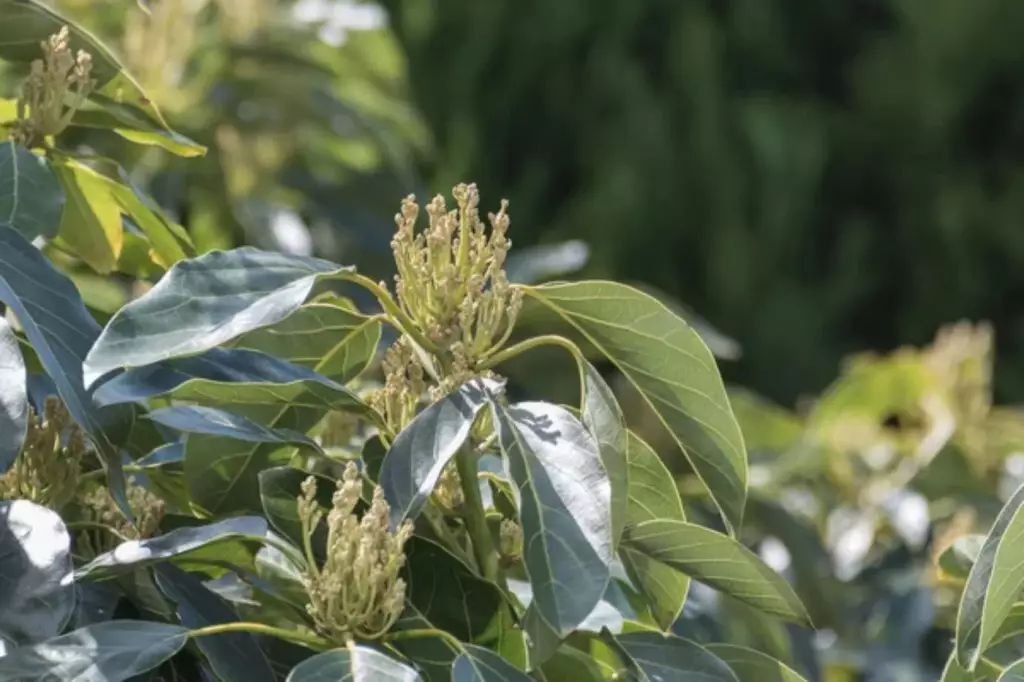
The lifespan of avocado trees, which can be several decades, affects the planning for the number of trees per hectare, as longer-lived trees require considerations for long-term orchard density and management.
Adequate fertilization provides essential nutrients for growth and fruit production, while effective pest and disease management can prevent damage that might otherwise shorten the tree's lifespan.
Maximizing Avocado Tree Longevity
To maximize the longevity of your avocado tree, you need to ensure that it is healthy and well-maintained. Below are some tips to help you keep your avocado tree healthy:
- Water your avocado tree regularly, but do not overwater it. Avocado trees need adequate moisture, but too much water can lead to root rot and other diseases.
- Fertilize your avocado tree regularly with a balanced fertilizer. Avocado trees need nutrients to grow and produce fruit.
- Prune your avocado tree regularly to remove dead or diseased branches. Pruning also helps to shape the tree and promote new growth.
- Protect your avocado tree from pests and diseases. Avocado trees are susceptible to various pests and diseases, so it is important to monitor your tree regularly and take action if you notice any signs of infestation or disease.

